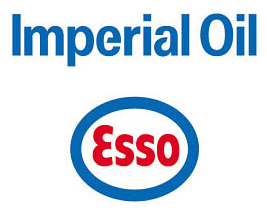
|
"We want to build stronger, long-term relationships with local communities and society in general. Hence, we encourage open dialogue to help us understand and respond to their concerns. As part of these efforts, many of our facilities hold regular meetings with community leaders to gather information about local needs."
(Source: 2008 Corporate Social Report.)
|

|
"We view social responsibility as our voluntary duty and believe it is the key to the continued growth and development of the company and Mexico. Through our partnerships with civil institutions, government agencies and different interest groups, we are supporting the country�s social and economic growth, as well as supporting the communities in which Modelo operates." (Source: Grupo Mondelo corporate Website, http://www.gmodelo.com.mx/index-6_en.asp)
|

|
"To be leaders of the construction industry with products that will preserve our clients patrimony and the reputation of professionals and installers, while generating a growing and sustainable value for our distributors, personnel, and stockholders, having a lasting commitment to the community and it�s environment.
Corporate Values
Respect for the Human: Working under the bases of responsibility, honesty and loyalty.
Focused on the Client: With a spirit of service, teamwork and positive attitude.
Emphasis on Quality: Always searching to improve our quality, the development of our personnel and respect towards the Ecology.
Results Oriented: Focusing our efforts towards responsibility, performance and the optimization of our resources. " (Source: Grup Lemosa Corporate website, http://www.lamosa.com/en/company/commitment.htm)
|
"I believe that a company's actions speak louder than its words. At RBC, corporate responsibility can be seen in how we govern our business with integrity, have a positive economic impact, operate with integrity in the marketplace, provide a supportive workplace, support environmental sustainability, and contribute to communities. - Gordon M. Nixon, President and CEO/" Source: Royal Bank of Canada corporate website, http://www.rbc.com/responsibility/index.html)
|

|
"At Manulife, we value our good name. Integrity is the hallmark of everything we do�" (Source: Manulife corporate website, http://www.manulife.com/corporate/corporate2.nsf/Public/GovernanceAtManulife.html)
|

|
�There�s no question that the environmental issues associated with oil sands development are pressing. However, tough issues have a way of getting solved when we apply human ingenuity and technological innovation." Corporate CEO Bruce Marsh. (Source: Q & A With The Chairman, http://www.imperialoil.ca/Canada-English/Corporate_Citizenship/CC_QA08.asp)
|

|













